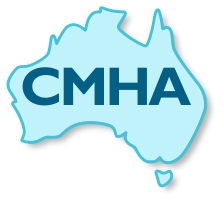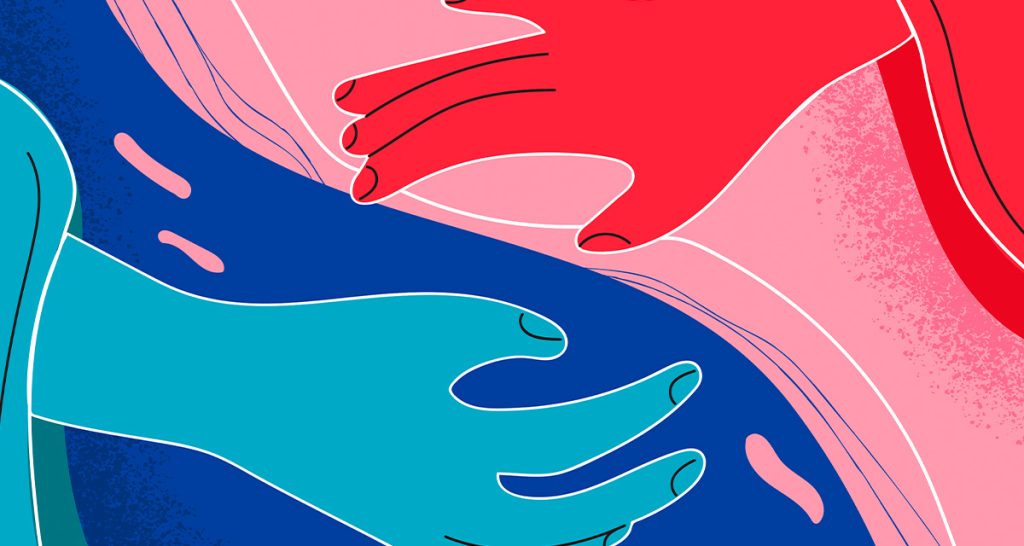“More than one in seven Australians live below the poverty line,” said Community Mental Health Australia (CMHA) President Cathy O’Toole.
“It’s not getting better, it’s getting worse,” added Cathy.
ACOSS and UNSW Sydney have released the Poverty in Australia 2025 Overview: A Poverty and Inequality Partnership Report this month which demonstrates the rise in the number of Australians now living below the poverty line.
“Poverty is not a personal failure; it is a systemic failure – a denial of dignity and human rights,” said United Nations Secretary-General António Guterres.
“The 17th October 2025 is the United Nations International Day for the Eradication of Poverty,” said Community Mental Health Australia (CMHA) CEO Kerry Hawkins.
“This year’s theme is ending social and institutional maltreatment by ensuring respect and effective support for families,” she added.
Australia is a signatory to the United Nations’ Sustainable Development Goals. The first of these goals is “No poverty”. However, Australia has the 15th highest poverty rate out of the 34 wealthiest countries in the OECD – higher than the average for the OECD; higher than the UK, Germany and New Zealand. People living in poverty in Australia often miss out on essentials such as food or a roof over their heads. Children living in poverty often miss out on items such as school excursions.
The International Day for the Eradication of Poverty underscores that ending poverty is about dignity, justice, and belonging, not just income. Families in poverty often face stigma and punitive practices in places meant to help: schools, clinics, welfare offices, and child protection systems.
To change course, the Day’s theme urges three shifts:
- From control to care: Design services that start with trust. Reduce punitive conditionalities, streamline documentation, and prioritise respectful, person-centred interactions.
- From surveillance to support: Rebalance investments away from monitoring and removal toward family-strengthening services: income support, quality childcare, adequate housing, mental health care, parenting support, and access to justice.
- From top-down to co-created solutions: Involve families living in poverty at every stage: assessment, design, budgeting, delivery, and evaluation so policies reflect real needs and constraints.
“With the United Nations calling upon us to act, and the ACOSS and UNSW Sydney Poverty and Inequality Report re-iterating the message for us here in Australia, now is the time to take action,” said Cathy O’Toole.
To read the Poverty in Australia 2025 Overview: A Poverty and Inequality Partnership Report click here: https://povertyandinequality.acoss.org.au/poverty_in_australia_2025_overview/
To read more about the United Nations International Day for the Eradication of Poverty click here: https://www.un.org/en/observances/day-for-eradicating-poverty


